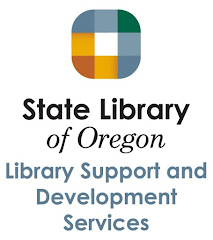Weir, Ryan O. Managing Electronic Resources: A LITA Guide. Chicago: ALA TechSource, 2012. ISBN: 978-1-55570-767-5
Publisher's Description
Electronic resource management
encompasses much more than turning on and off resources and tracking
usage. This guide provides advice on the tools and best practices of the
field help you tackle your workload while saving you time, effort, and
money. Chapters include:
• Coping with Economic Issues
• Acquiring Electronic Resources
• Negotiating Resource Licensing
• Reconciling with Payment Systems
• Making Electronic Resource Accessible
• Gathering, Evaluating and Communicating Statistical Usage Information
• Changing Staff to Facilitate the Shift to Electronic
• Looking Ahead from Now to 2020
Informative, useful, current, Managing Electronic Resources: A LITA Guide shows readers how to use what’s available to them to successfully manage their time, resources, and relationships with vendors and staff to ensure personal, professional and institutional success.








